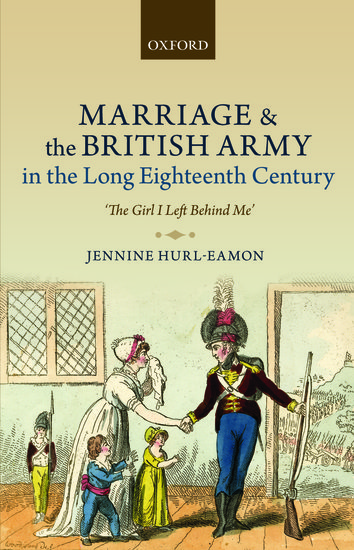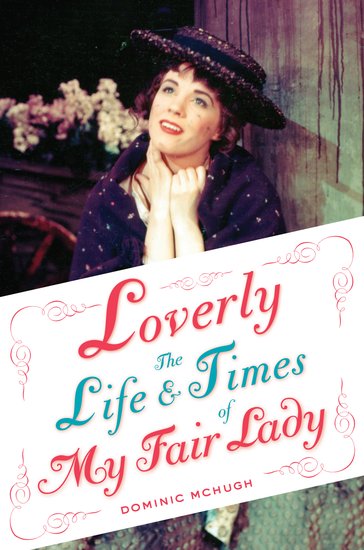African American religions and the voodoo label
In 1932, an African American man named Robert Harris killed his tenant on a makeshift altar in the back of his home in Detroit, Michigan. Harris, who was allegedly part of Detroit’s burgeoning Black Muslim community, described the murder as a human sacrifice to Allah. Harris was put on trial for murder; however, following some bizarre courtroom rants during which he referred to himself as a “king” and the murder as a “crucifixion,” Harris was declared insane and sent to an asylum.










